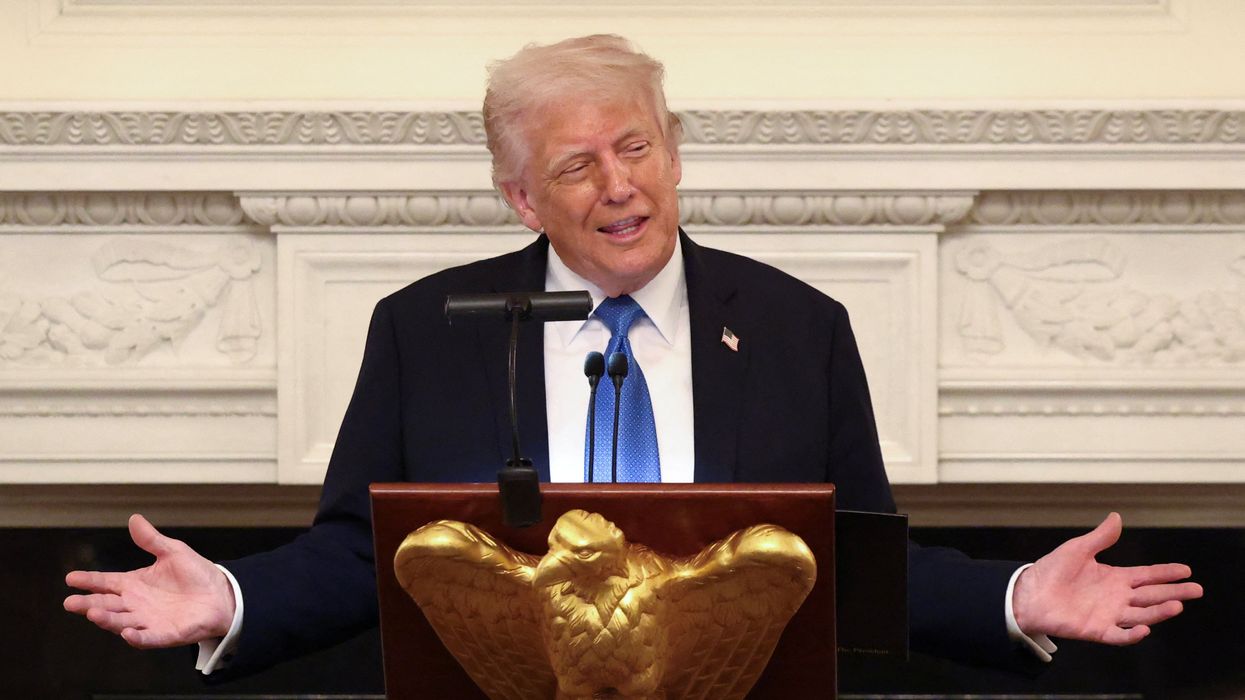'Really goes after poor people': How Trump's big bill punishes low-income Americans

President Donald Trump addresses a ceremony. REUTERS/Kevin Lamarque
President Donald Trump addresses a ceremony. REUTERS/Kevin Lamarque

President Donald Trump addresses a ceremony. REUTERS/Kevin Lamarque
A new analysis from the Congressional Budget Office (CBO) released Thursday reveals that the Republican tax-and-spending megabill, recently passed by the House and now under Senate consideration, would significantly increase after-tax incomes for the wealthiest Americans while reducing them for the poorest.
Specifically, the top 10% of earners would see an average annual gain of $12,000, whereas the bottom 10% would experience a loss of approximately $1,600 annually.
The bill, known as H.R. 1 or the "One Big Beautiful Bill Act," extends tax cuts from the 2017 Tax Cuts and Jobs Act and proposes cuts to social welfare programs, including Medicaid and the Supplemental Nutrition Assistance Program (SNAP). These proposed cuts are projected to result in at least 8.6 million Americans losing Medicaid coverage by 2034.
Critics argue that the legislation disproportionately benefits the wealthy at the expense of low-income Americans, and the new CBO analysis confirms this argument.
Chuck Marr, vice president for federal tax policy at the Center on Budget and Policy Priorities, told The New York Times in a report published Thursday: “I’ve never seen anything that simultaneously really goes after poor people and then really helps rich people.”
The Times report notes that if enacted, the combination in the bill "would make it more regressive than any major tax or entitlement law in decades."
The bill is expected to increase the national deficit by $2.4 trillion over the next decade, according to the CBO.
READ MORE: ‘Mouthpiece for the Kremlin’: Rubio Scorched for ‘Russia Day’ CongratulationsThe bill has raised concerns among some Republican senators, including Ron Johnson (R-Wisc.) and Rand Paul (R-Ky.), who have expressed doubts about the high costs and the potential for increased national debt. While the legislation has passed the House, its future in the Senate remains uncertain, with intra-party disagreements and fiscal concerns complicating its path forward.